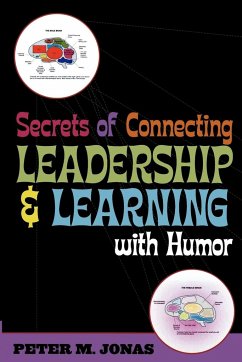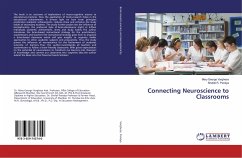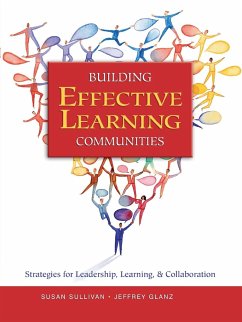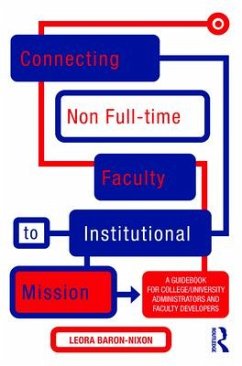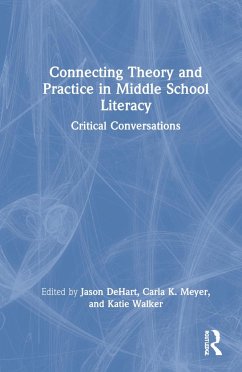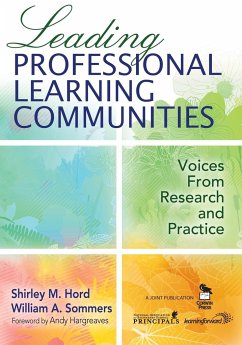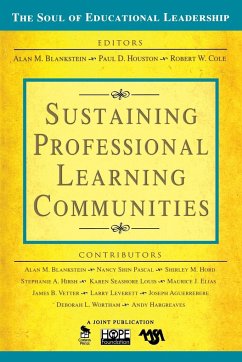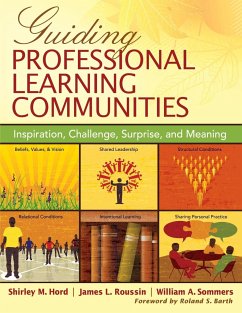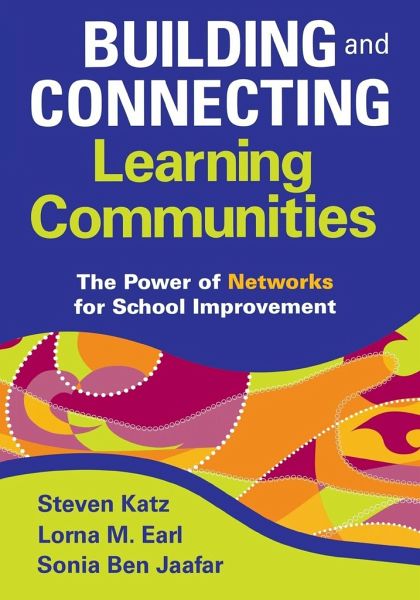
Building and Connecting Learning Communities
The Power of Networks for School Improvement
Versandkostenfrei!
Versandfertig in 1-2 Wochen
30,99 €
inkl. MwSt.

PAYBACK Punkte
15 °P sammeln!
Ideal for school leaders, teacher leaders, and superintendents leading district-level change, this book describes how separate professional learning communities can be purposefully linked across schools to create effective Networked Learning Communities (NLCs). Steven Katz, Lorna M. Earl, and Sonia Ben Jaafar demonstrate how NLCs can effectively engage schools in creating and sharing professional knowledge and develop the kind of deep and sustained changes that enhance student learning, engagement, and success.Based on the authorsÆ research and work with districts and schools in North America...
Ideal for school leaders, teacher leaders, and superintendents leading district-level change, this book describes how separate professional learning communities can be purposefully linked across schools to create effective Networked Learning Communities (NLCs). Steven Katz, Lorna M. Earl, and Sonia Ben Jaafar demonstrate how NLCs can effectively engage schools in creating and sharing professional knowledge and develop the kind of deep and sustained changes that enhance student learning, engagement, and success.Based on the authorsÆ research and work with districts and schools in North America and England, the book defines NLCs, explains how they work, and leads readers in examining:The importance of having a clear, evidence-based focusCollaborative inquiry as a process that challenges thinking and practice and generates new learning for teachersThe role of formal and informal leaders in both professional learning communities and networked learning communitiesBuilding and Connecting Learning Communities demonstrates how to work together to create the conditions for focused professional learning for teachers and tackles the challenge of how to sustain the work of NLCs.





